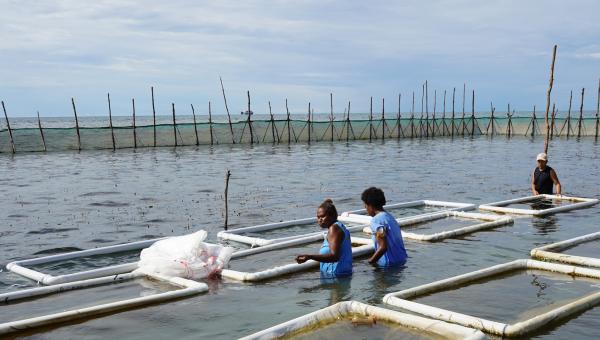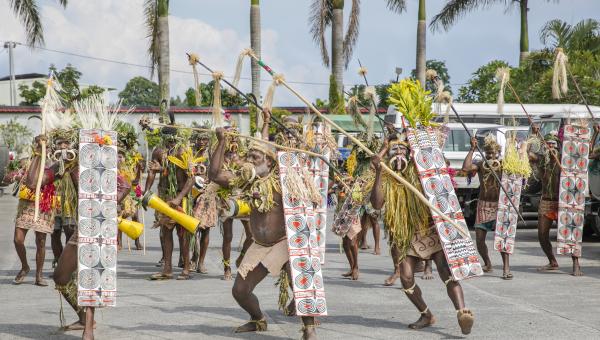
Our focus
Environment and biodiversity
Overview
Papua New Guinea is a country blessed with a wealth of natural resources. With an exclusive economic zone of 3.1 million square kilometers, the country boasts abundant tuna resources and diverse marine fisheries. Its tropical rainforest, which is the third largest in the world, is home to extraordinary biodiversity, accounting for over 5% of the world's total.
Despite its abundance of natural resources, Papua New Guinea has faced significant environmental challenges in recent years. Unsustainable resource use practices, habitat destruction, pollution, and poor environmental governance have all contributed to serious environmental degradation in the country.
The impacts of environmental degradation in Papua New Guinea are far-reaching and have implications for the country's economy, health, and well-being. Deforestation, for instance, has led to soil erosion, reduced soil fertility, and increased flooding in some areas, all of which can negatively affect agricultural productivity and food security. Pollution from extractive industries and improper waste management practices pose significant health risks for local communities and contribute to the loss of biodiversity.
Recognizing the need to address these environmental challenges, Papua New Guinea has taken steps to improve environmental governance and promote sustainable natural resource management. The government has developed policies and strategies aimed at protecting the country's natural resources, such as the National Biodiversity Strategy and Action Plan, which aims to conserve biodiversity and promote sustainable use of natural resources.
International partners have also provided support for various environmental initiatives in Papua New Guinea, including programs focused on sustainable forestry, marine conservation, and clean energy development. These initiatives aim to promote sustainable development while protecting the country's unique natural heritage.
Overall, Papua New Guinea's natural resources provide significant opportunities for economic development and improving the lives of its people. However, addressing the environmental challenges facing the country will require sustained efforts to promote sustainable natural resource management and environmental governance.
Projects:
- Strengthening the Management Effectiveness of the National System of Protected Areas Project
- Sustainable Financing of Papua New Guinea's Projected Area Network

 Locations
Locations




